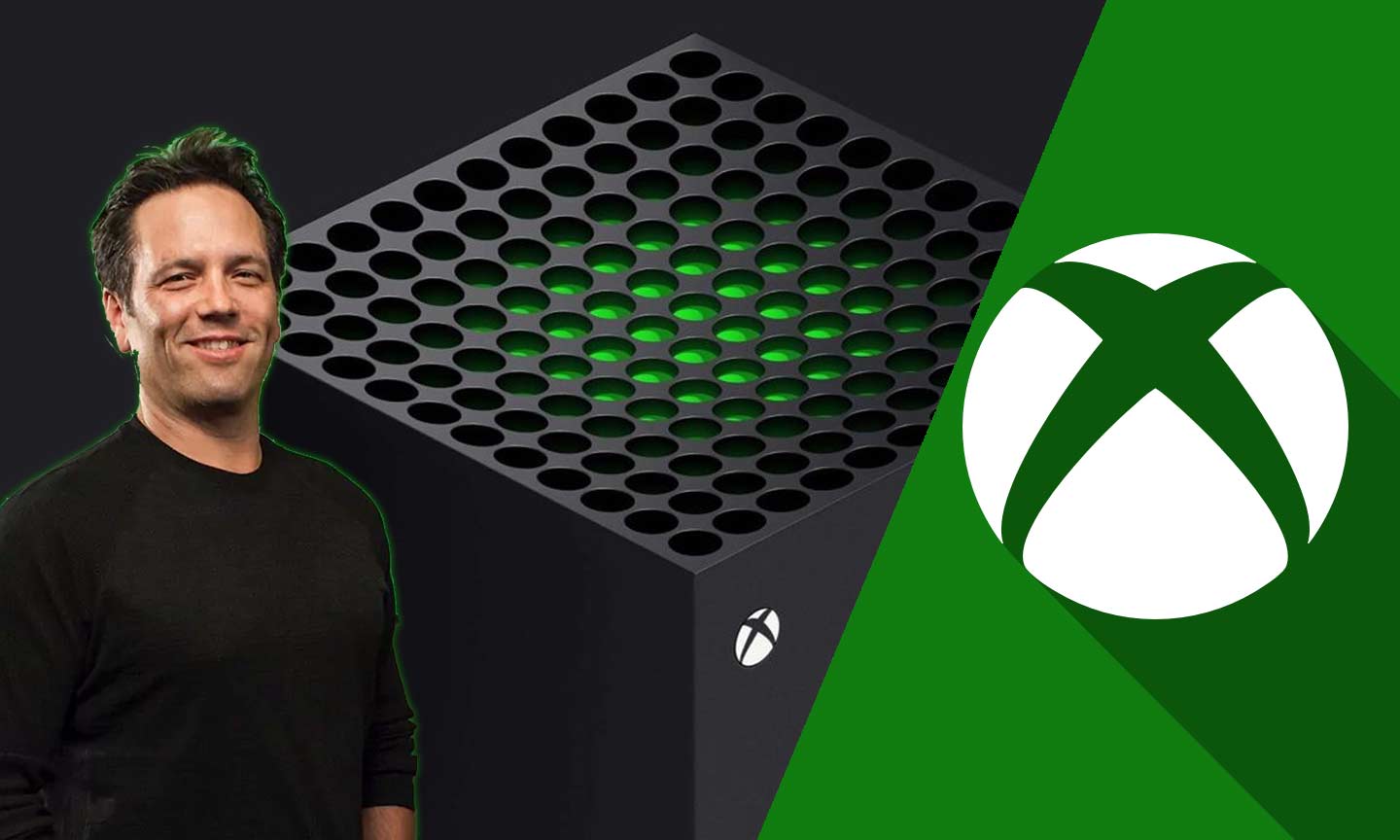In the sprawling digital landscape of video games, few entities command a back catalog quite as extensive as Xbox. With a history spanning decades and an ever-growing stable of studios, Microsoft`s gaming division is a veritable curator of interactive memories. Amidst the continuous push for innovation and new intellectual properties, the echoes of beloved, dormant franchises still resonate powerfully with players. Recently, Xbox boss Phil Spencer offered a rare glimpse into the specific titles that consistently top the community`s wish list for revival. It appears that while the future is shiny and new, the past still exerts a considerable gravitational pull.
The Enduring Call of Japanese RPGs: A Promising Horizon
Among the most vocal requests for a comeback are two Japanese role-playing games: Blue Dragon and Lost Odyssey. These aren`t merely cult classics; they possess a distinct pedigree that makes their potential return particularly intriguing. Both were originally developed by Mistwalker, the studio founded by none other than Hironobu Sakaguchi, the legendary creator of the Final Fantasy series.
Blue Dragon, Mistwalker`s debut project, captivated players with its enchanting world and characters designed by Akira Toriyama, the iconic artist behind Dragon Ball and Dragon Quest. Its whimsical charm and traditional JRPG mechanics endeared it to many. Following this, Lost Odyssey presented a darker, more mature narrative, featuring character designs from Takehiko Inoue, renowned for his work on manga like Slam Dunk and Vagabond. While Inoue might not have the same household recognition in the West as Toriyama, his status in Japan is equally monumental, cementing these titles as significant cultural touchstones.
The good news for fans? Spencer indicated that these JRPGs are “far more feasible” for a revival. The key distinction lies in ownership: Mistwalker remains an active studio and, crucially, retains the rights to both franchises. This avoids the often-insurmountable hurdles of fragmented intellectual property, transforming fan speculation from a wistful “if only” into a tangible “perhaps.” For those who long for traditional, turn-based epics infused with unparalleled Japanese creative talent on the Xbox platform, this acknowledgment offers a significant glimmer of hope.
Western Legends: Flight Combat and Mech Mayhem – A Labyrinth of Rights
The appetite for nostalgia isn`t confined to Eastern shores. Two Western titles from the original Xbox era, Crimson Skies and MechAssault, also frequently feature in discussions about desired revivals. These games were born during the nascent days of Xbox, products of a partnership with FASA, a company then known for properties like BattleTech and Shadowrun.
Crimson Skies transported players to an alternate 1930s America, a world dominated by zealous air pirates and daring aviators in a captivating action-flight experience. Its unique blend of pulp fiction aesthetics and engaging aerial combat left a lasting impression. MechAssault, on the other hand, plunged players into the cockpit of colossal BattleTech mechs, delivering visceral action-shooter gameplay and earning a place in history as one of the very first games to feature integrated Xbox Live functionality.
However, the path to reviving these Western cult classics is considerably more complex. The primary obstacle, as with many dormant IPs, revolves around rights ownership. Topps, a company primarily known for trading cards, now holds the rights to FASA`s properties. This introduces the perennial challenge of intellectual property rights – a labyrinthine dance where fan demand frequently collides with corporate legalities. While Microsoft did manage to add Crimson Skies to its backward compatibility program some years ago, MechAssault remained absent, hinting at the varying tiers of licensing complexity involved. It`s a stark reminder that bringing a digital ghost back to life often requires more than just developer enthusiasm; it frequently necessitates a skilled legal Ouija board.
Beyond Nostalgia: Charting Xbox`s Future Course with a Nod to the Past
Spencer`s discussion wasn`t solely focused on looking backward. His insights also illuminated Xbox`s broader strategy for balancing heritage with contemporary innovation. He noted that the most requested setting for the wildly popular Forza Horizon series, after 13 years, is Japan – a choice Spencer attributed to the nation`s “fantastic topography.” This direct acknowledgment of community feedback for a major ongoing franchise underscores that fan sentiment isn`t merely relegated to obscure forum threads; it actively shapes significant AAA development decisions.
This proactive engagement extends to strategic partnerships with Japanese studios for new projects. Spencer briefly mentioned collaborations for titles like Ninja Gaiden 4 and Beast of Reincarnation, deferring details to the respective development teams. This paints a picture of Xbox strategically expanding its global appeal, embracing both treasured memories and fresh innovation, and fostering relationships across diverse gaming cultures.
“Fan passion is a powerful compass, often pointing towards hidden gems within a vast digital archive. Ignoring it would be, to put it mildly, an oversight.”
The Art of Revival: A Delicate Dance of Demand and Reality
Phil Spencer`s candidness about these most-requested revivals highlights the intricate balance inherent in managing a vast gaming ecosystem. It’s a dance between honoring a rich legacy and forging new paths, all while navigating the often-opaque world of intellectual property law. For now, fans of Blue Dragon, Lost Odyssey, Crimson Skies, and MechAssault can allow their imaginations to wander. Perhaps, with enough collective will (and some amenable legal teams), those dreams might just take digital form once more. It`s a testament to the enduring truth that in the realm of gaming, sometimes the oldest stories are still the ones we`re most eager to hear again, and Xbox is clearly listening.

